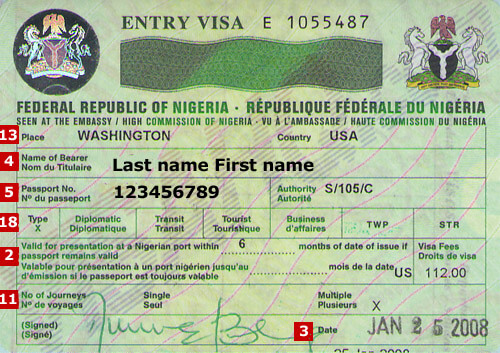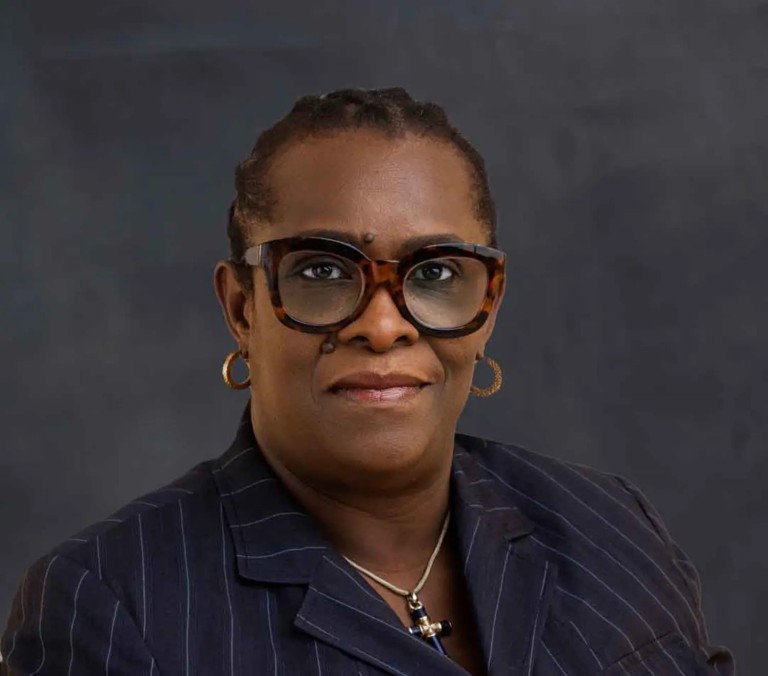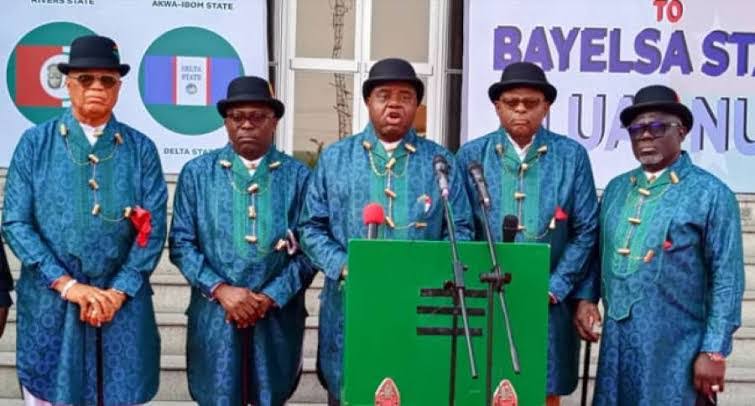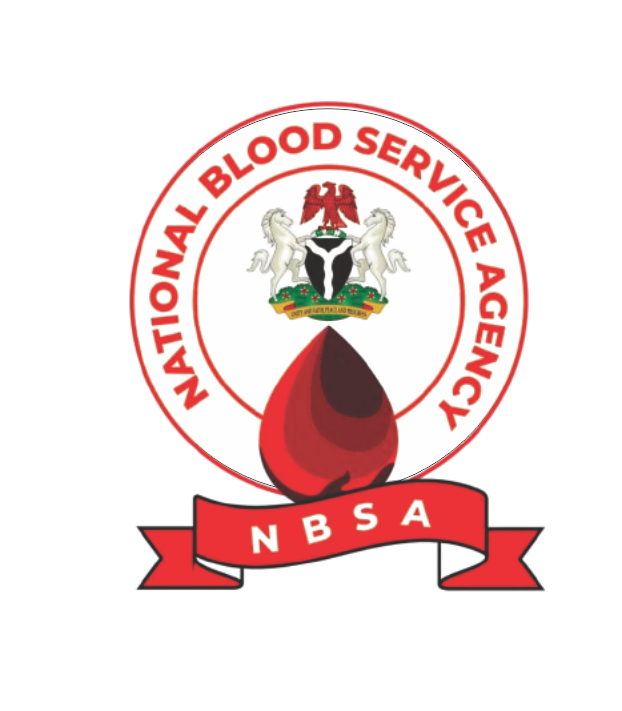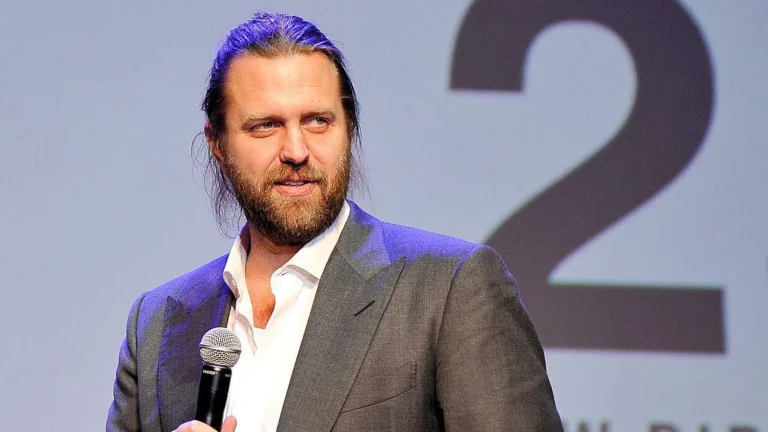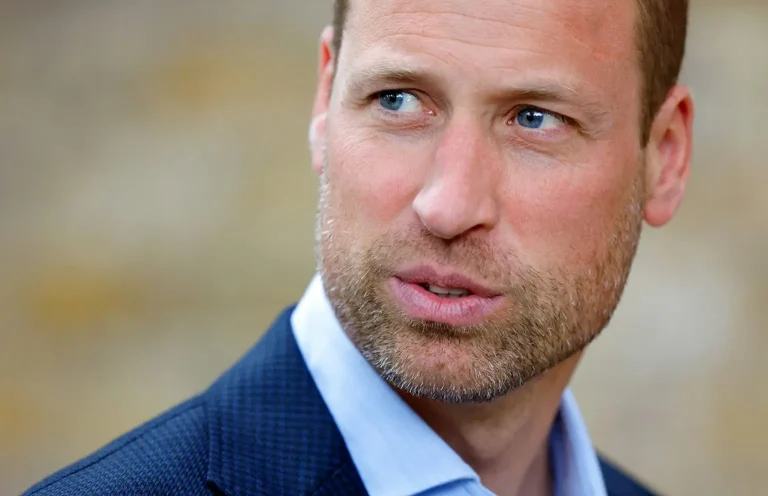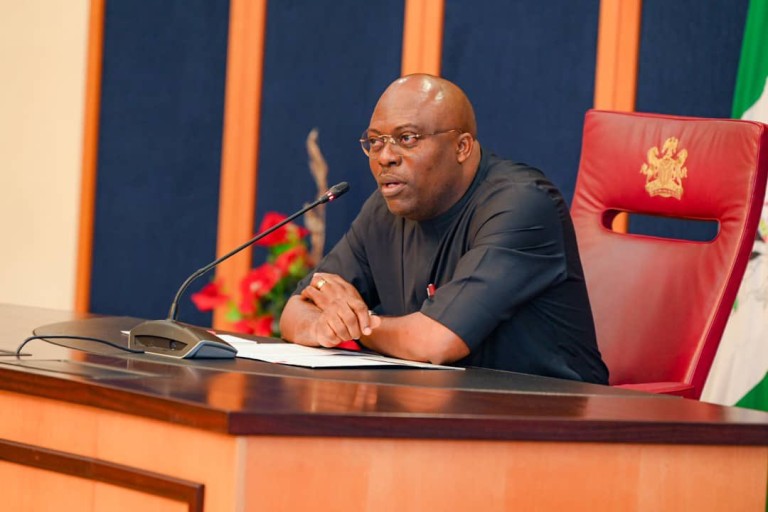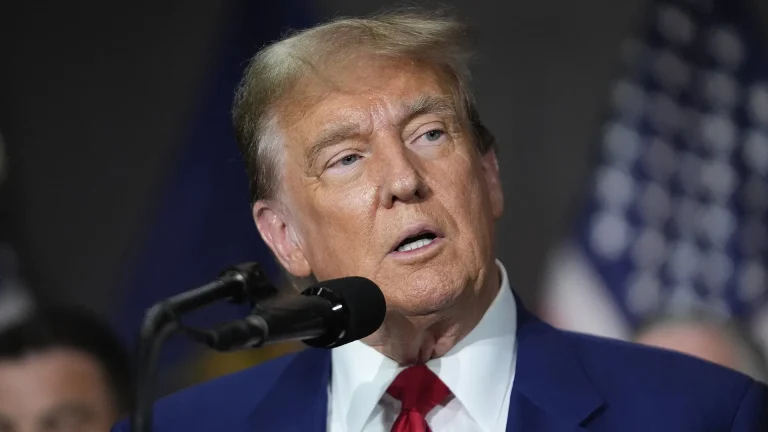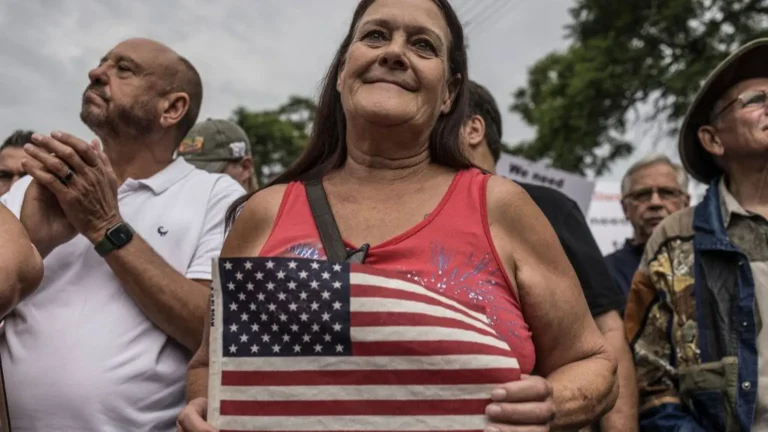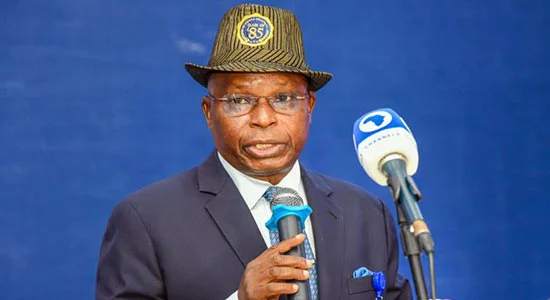The FCT Emergency Management Department (FEMD) has confirmed that the death toll from the tragic accident involving a Compressed Natural Gas (CNG)-laden truck and several other vehicles near the Karu Bridge along the Abuja-Keffi Expressway has risen to eight. The incident occurred on Wednesday evening, and the initial report from the FCT Police Command confirmed six fatalities and 14 vehicles burnt.
However, the Acting Director General of the FEMD, Abdulrahman Mohammed, provided an update on Thursday, revealing that two more victims had succumbed to their injuries, bringing the total number of deaths to eight. He explained that of the six bodies recovered at the scene, four were burnt beyond recognition. The other two victims, initially rescued, passed away in the following morning.
In addition to the fatalities, 30 individuals are receiving medical treatment at various hospitals across the FCT. Mohammed confirmed that the victims are being treated at Karu General Hospital (8), Customs Hospital (10), National Hospital (11), and Aso Clinic (1). He instructed his team to check Asokoro Hospital for any other possible victims.
The incident has deeply shocked many, with survivors recounting the horrific scenes, including an eyewitness who described seeing the fire engulfing victims. This tragic accident highlights ongoing safety concerns on Nigerian highways, especially with heavy-duty vehicles transporting hazardous materials.


